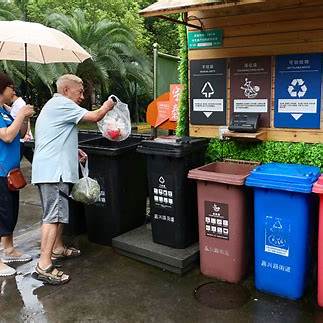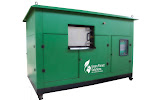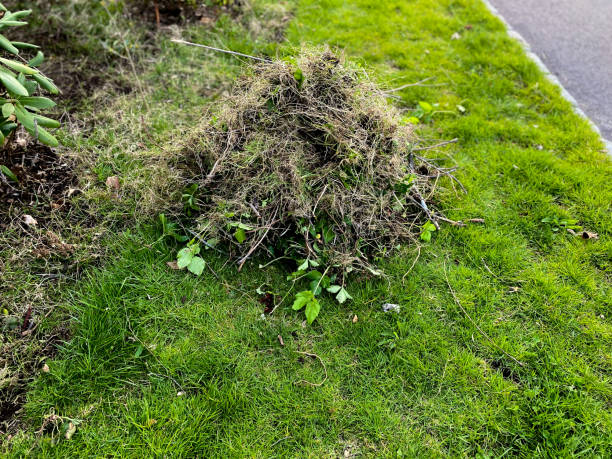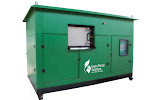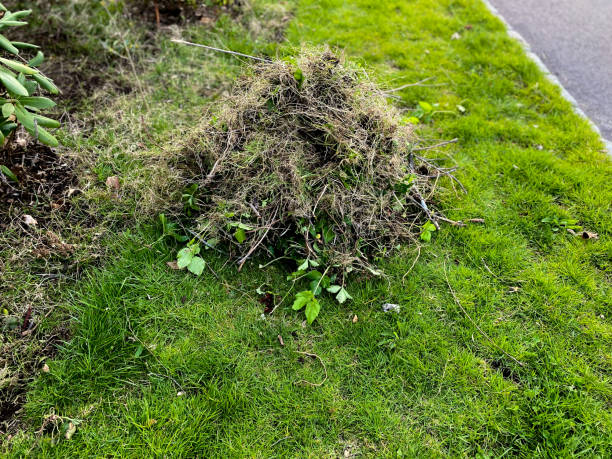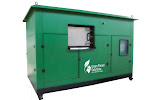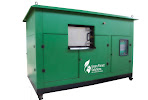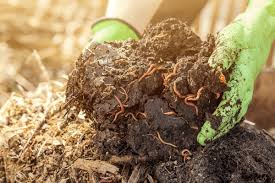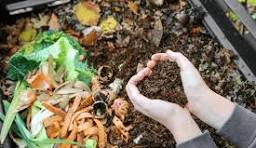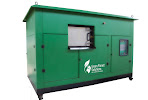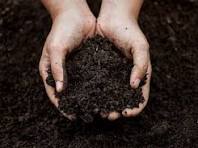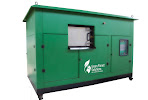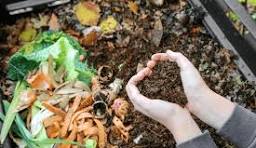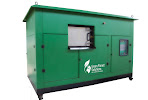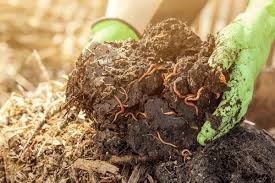ENQUIRE NOW FOR BEST COMPOSTING MACHINES INDIA – https://share.hsforms.com/1d12AT_oJScm8iiXbjSrEIwrh2r7
Introduction — compact homes, big waste problem, smarter solutions
Singapore’s dense, high-rise living makes food waste a concentrated and visible challenge — and also a huge opportunity. With clear national targets and mandatory rules on food-waste segregation and treatment, condominiums and residential communities are increasingly installing on-site food-waste treatment systems (composters, digesters, pre-treatment units) to cut costs, comply with regulations, reduce emissions, and build greener communities. National Environment Agency+1
This article explains why condo composting is taking off in Singapore, the practical options available for condos, real-world pilots, common barriers and how Green Planet Solutions Pune can help condo management teams implement turnkey, compliant, and odour-free solutions.
1) Policy & regulation: the big push that made composting business-critical
Singapore’s Resource Sustainability Act and its Resource Sustainability (Food Waste Segregation, Treatment and Reporting) Regulations 2024 make it mandatory for many premises that generate large amounts of food waste to segregate and treat that waste — and to report on it. This regulatory shift transformed on-site treatment from a voluntary sustainability win into an operational requirement for many multi-unit residential and mixed-use buildings. AGC Singapore+1
Key regulatory drivers:
- Mandatory segregation/treatment and reporting thresholds for large food-waste generators. AGC Singapore
- NEA guidance and technical resources on on-site composting best practices for institutions and premises. National Environment Agency
Result: Condo management committees and MCSTs (Management Corporations Strata Titles) now face clear incentives — and sometimes hard deadlines — to adopt on-site solutions or engage certified treatment partners.
ENQUIRE NOW FOR BEST COMPOSTING MACHINES INDIA – https://share.hsforms.com/1d12AT_oJScm8iiXbjSrEIwrh2r7
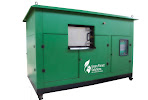
2) Why on-site condo composting makes sense (three practical reasons)
A. Reduced transport & disposal costs
Hauling mixed wet waste off-site is expensive in dense urban areas. Processing food waste on-site dramatically cuts haulage, tipping fees and associated carbon emissions. On-site systems can reduce the volume of waste sent offsite by 60–80% depending on technology. (See life-cycle and pilot studies comparing on-site vs centralised systems.) MDPI
B. Compliance + reporting made simple
On-site systems with monitoring and reporting capabilities simplify NEA compliance — capture diversion metrics, treatment method, and tonnage automatically for audit trails. National Environment Agency
C. Circular value & resident amenity
Compost can be reused for condo landscaping, rooftop planters, or community gardens — turning a cost centre into a small community asset and brand differentiator. Some jurisdictions pilot urban valorisation (biogas, fertiliser) from consolidated food-waste streams, showing viable offtake uses. CNA+1
3) Real-world pilots & evidence from Singapore (what’s already working)
- East Coast Lagoon Food Village pilot — an anaerobic digestion pilot converted food-stall waste into energy and fertiliser, demonstrating how place-based solutions can work for dense food hubs. CNA
- Jurong Pioneer Junior College (JPJC) and other schools adopted small on-site digesters/composters with simple pre-screening to process canteen waste and produce compost for school gardens — a useful reference for condos with cafeterias/clubhouses. National Environment Agency
- Community pilots (Tanjong Rhu, etc.) show household and micro-community composting models (Bokashi, shared hubs) can work with resident engagement and municipal support. Medium
These pilots prove: with the right training, segregation systems and suitably-sized equipment, condo composting is feasible and replicable.
ENQUIRE NOW FOR BEST COMPOSTING MACHINES INDIA – https://share.hsforms.com/1d12AT_oJScm8iiXbjSrEIwrh2r7
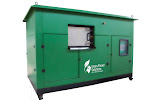
4) Technology options for condominiums — choose what fits your scale
1. Small-scale aerobic composters (electric, odour-controlled)
- Best for condos producing tens to a few hundred kg/day.
- Fast cycles (24–72 hours), minimal staff time, odour filtration. Examples of commercial units are already used in buildings worldwide. BioPak+1
2. Anaerobic digesters (biogas + fertiliser)
- Suitable where there’s a cluster of food outlets or larger clubhouses. Produces biogas and digestate that can be used as fertiliser after treatment. Pilot projects in Singapore show promising results. CNA
3. Bokashi / Community composting hubs
- Low-tech, low-space options ideal for resident-led programs and flats without space for machinery. Needs strong behaviour change and coordination. Medium
4. Hybrid & pre-treatment solutions
- Grinders, dewatering sieves and strainers reduce moisture and grease before feeding digesters/composters; important for condo kitchens. NEA technical guidance recommends grease-trap and effluent management to sewer where needed. National Environment Agency
5) Typical implementation roadmap for a condo (practical, tested)
- Audit & Segregation Plan: Measure current wet-waste volumes, set up separated bins and resident guidance.
- Select tech & site: Choose composter/digester size, site (basement, service yard, rooftop) and effluent routing.
- Pilot phase (30–90 days): Trial with one block/cluster, track tonnage diverted, odour, resident feedback.
- Scale & SOPs: Train housekeeping, set pickup schedules, install monitoring dashboards for NEA reporting.
- Reuse & Communicate: Use produced compost in common gardens, or package/sell surplus to landscape contractors — and publish monthly diversion KPIs to residents.
- ENQUIRE NOW FOR BEST COMPOSTING MACHINES INDIA – https://share.hsforms.com/1d12AT_oJScm8iiXbjSrEIwrh2r7
6) Barriers condos face — and how to overcome them
- Space constraints: choose compact or shared cluster systems; use vertical or containerised units. BioPak
- Contamination: robust source segregation, clear signage, resident training and simple pre-sorting (baskets/strain) prevent contamination. National Environment Agency
- Smell/pest concerns: modern units are sealed, ventilated and odour-filtered — pick certified, proven models and maintain housekeeping schedules. zero-waste.biz
- Resident buy-in: run resident workshops, green champions, visible benefits (garden produce, lower fees) to build adoption. Medium
7) Cost & ROI — what condos should expect
Costs vary by tech and scale: small electric composters for a mid-size condo may be moderate CAPEX with low OPEX; larger digesters require higher CAPEX but bring offtake value (gas/fertiliser). Independent LCA and cost-benefit studies show on-site systems can pay back via reduced disposal fees and avoided haulage within 1–3 years depending on local rates and utilization. MDPI+1
(We can provide a condo-specific ROI calculator — plug in daily wet-waste kg, disposal unit cost, and local utilities.)

– https://www.thegreenplanetsolutions.com/
 – +917722073961
– +917722073961
Instagram – https://www.instagram.com/greenplanetolutions2013?igsh=MTQ5MWxpeng5dmtvaA==
Facebook – https://www.facebook.com/share/19Eim5u2Ep/
Linkdein – https://www.linkedin.com/company/green-planet-solutions/
Threads – https://www.threads.net/@greenplanetolutions2013
YouTube – https://youtube.com/@greenplanetsolutions2013?si=0gkKEahaaB5z6csm
8) Why Green Planet Solutions Pune for Singapore condo pilots
Green Planet Solutions Pune brings hands-on experience in decentralised composting for residential complexes and hospitality — and can help Singapore condo MCSTs with:
- Site assessments & sizing — determine best tech for your tonnage and space.
- Turnkey installations — supply, install and commission odour-controlled compact composters or digesters.
- Training & resident engagement — workshops, signage, green-champion programs.
- Monitoring & reporting — dashboards and data exports to support NEA reporting needs.
- Maintenance & AMC — local partner network for timely servicing and spare parts.
We offer pilot packages tailored for Singapore condos (compliant equipment + digital reporting + 90-day support). Contact us for a pilot proposal and ROI estimate.
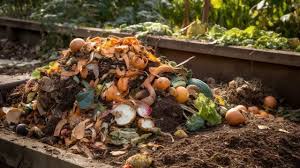
9) Quick wins for condo committees (action checklist)
- Start mandatory separation of wet vs dry at household level this month.
- Place labelled, leak-proof wet-waste bins at chutes and service areas.
- Run a 1-month pilot with a compact, odour-controlled composter in the service yard.
- Share weekly diversion data and a monthly resident newsletter with compost-usage stories.
- Partner with Green Planet Solutions Pune for an ROI study & pilot quote.
| Element | Details |
|---|---|
| Target Title | Condo Composting in Singapore: Why Residential Communities Are Embracing On-Site Food-Waste Treatment |
| Primary Keywords | condo composting Singapore, on-site food waste treatment Singapore, condominium composting, NEA food waste Singapore |
| Secondary Keywords | on-site composter condo, residential food waste solution Singapore, condo sustainability Singapore |
| Suggested Word Count | 1,200–1,600 words |
| Featured Snippet Targets | “How do condos treat food waste in Singapore?”, “What equipment is suitable for condo composting?” |
| CTA (lead generation) | “Request a free condo composting pilot proposal & ROI estimate from Green Planet Solutions Pune.” |
| Top load-bearing citations to include | NEA food waste management & Resource Sustainability Regulations 2024; JPJC NEA case study; East Coast Lagoon pilot; Tanjong Rhu community pilot; examples of compact on-site composter suppliers. Medium+4National Environment Agency+4AGC Singapore+4 |
Word lists to boost SEO & engagement
- Power words (use in headings/meta): Turnkey, Compliant, Odour-Free, Pilot, Proven, Transform, ROI, Zero-Waste
- Common words (readability): condo, residents, waste, compost, garden, kitchen, bin, save, reuse
- Uncommon / SEO-edge words: decentralised treatment, anaerobic digestion, feedstock pre-treatment, effluent routing, MCST, bioproducts, valorisation
- Emotional words (persuasive CTAs): pride,安心 (confidence), relief, community, belonging, future-ready
LinkedIn short:
Condo committees in Singapore are turning food waste into community value — with on-site composters, digesters and resident engagement. Learn how on-site treatment helps condos cut costs, meet NEA reporting rules, and create green amenities. Request a free pilot proposal from Green Planet Solutions Pune. 🌱👉 [CTA link] National Environment Agency
From kitchen scraps to rooftop gardens — condo composting is changing Singapore living. Want a composting pilot for your condo? DM us for pilot quotes & ROI. 🌿🏢 #CondoComposting #ZeroWasteSG #GreenLiving
#CondoComposting #ZeroWasteSG #FoodWasteSingapore #OnSiteComposting #NEASingapore #GreenPlanetSolutions #SustainableCondo #UrbanFarmingSG #WasteToWealth
Meta description (max 155 chars)
Discover why Singapore condos are adopting on-site food-waste treatment: cost savings, NEA compliance, odour-free tech and community benefits. Request a pilot.
Final thought — small footprint, big impact

– https://www.thegreenplanetsolutions.com/
 – +917722073961
– +917722073961
Instagram – https://www.instagram.com/greenplanetolutions2013?igsh=MTQ5MWxpeng5dmtvaA==
Facebook – https://www.facebook.com/share/19Eim5u2Ep/
Linkdein – https://www.linkedin.com/company/green-planet-solutions/
Threads – https://www.threads.net/@greenplanetolutions2013
YouTube – https://youtube.com/@greenplanetsolutions2013?si=0gkKEahaaB5z6csm
